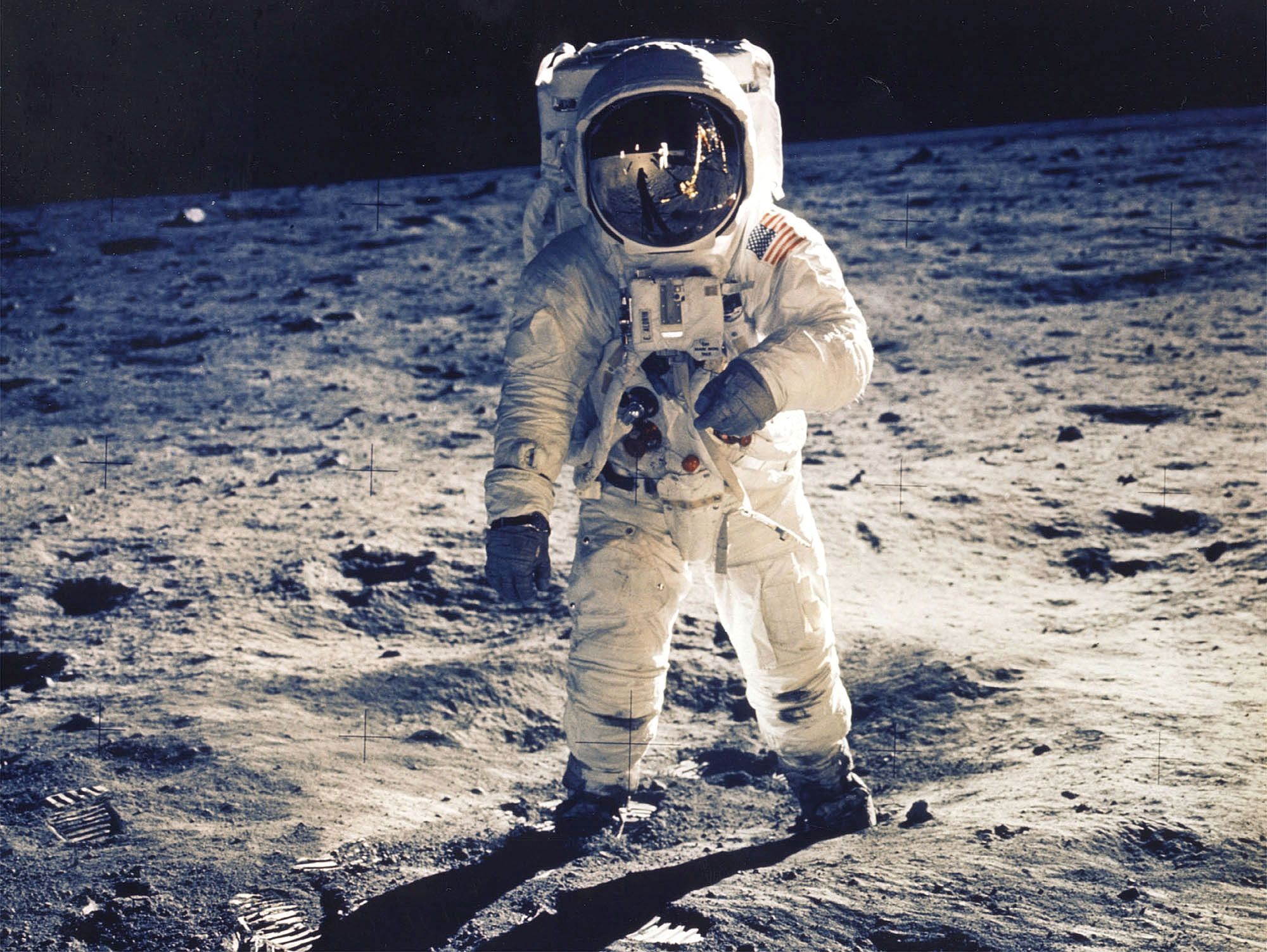This article highlights the 10 most important space missions in history that have helped pave the way for space exploration. From the iconic Apollo 11 mission that marked the first time humans ever set foot on the moon to China’s Tiangong-1 spacecraft that helped establish the country as a significant player in space exploration, each mission has played a crucial role in advancing scientific understanding and inspiring future generations. The missions have provided significant technological advancements and scientific discoveries in history, unraveling some of the universe’s greatest mysteries and helping us better understand our place in the cosmos.
10 Most Important Space Missions in History
Space exploration has always been an exciting and challenging endeavor for humanity. Since the launch of the first artificial satellite, Sputnik, in 1957, humanity’s interest in space has only grown. The exploration of the final frontier has led to some of the most significant technological advancements and scientific discoveries in history. In this article, we will walk you through the 10 most important space missions in history that have helped pave the way for space exploration.
1. Apollo 11 Mission
The Apollo 11 mission is undoubtedly one of the most iconic space missions of all time. The mission marked the first time that humans ever set foot on the moon. On July 20, 1969, astronauts Neil Armstrong and Edwin “Buzz” Aldrin, both American, became the first people to walk on the moon. The mission was a significant milestone in space exploration history and helped to establish the United States as the world leader in space exploration.
2. Sputnik 1
Sputnik 1 was the very first artificial satellite to be launched into space. The Soviet Union launched the spacecraft on October 4, 1957, signaling the start of the space race between the Soviet Union and the United States. It was a significant accomplishment for the Soviet Union and is regarded as one of the most important moments in space exploration history.
3. Voyager 1 and 2 Missions
The Voyager 1 and 2 missions were launched by NASA in 1977 with a primary mission to explore the outer solar system. The spacecraft successfully flew by Jupiter and Saturn, sending back incredible images of the gas giants’ moons, rings, and atmospheres. Voyager 1 went on to become the first spacecraft to leave the solar system in 2012 and enter interstellar space, marking a historic achievement in space exploration.
4. Hubble Space Telescope
The Hubble Space Telescope is one of the most significant astronomical advancements of the last century. Launched in 1990, the telescope has provided us with breathtaking images of the universe’s depths, such as the Pillars of Creation, galaxies, stars, and supernovae. The Hubble has allowed NASA and astronomers to unravel some of the universe’s most significant mysteries and understand more about our place in the cosmos.
5. Mars Rover Missions
The Mars Rover missions are a series of Mars exploration missions led by NASA. The Mars rovers Spirit, Opportunity, and Curiosity have traveled to the red planet, collecting data, and taking stunning photographs of the planet’s surface. The Mars rovers have provided insight into the planet’s geology, climate, and the potential for life on the planet. The Mars Rover missions are significant because they have helped pave the way for future manned missions to Mars.
6. Skylab
Skylab was the first United States space station, launched in 1973. Skylab played a crucial role in advancing our understanding of long-duration human spaceflight and for conducting experiments, particularly those relating to solar activity. The space station remained in orbit until 1979 when it fell back to Earth.
7. Vostok 1
Vostok 1 was the first manned spaceflight mission in history. Yuri Gagarin, a Russian cosmonaut, flew aboard the spacecraft on April 12, 1961, for a total of 108 minutes. The historic mission helped to establish the Soviet Union as the leader in space exploration, and it paved the way for future manned spaceflight missions.
8. Cassini-Huygens
The Cassini-Huygens mission was launched in 1997 and spent 13 years exploring Saturn, its moons, and the planet’s rings. The spacecraft carried the Huygens probe, which descended onto the surface of Saturn’s moon, Titan, where it collected incredible data about the moon’s atmosphere and surface. The mission was a significant accomplishment for space exploration and significantly improved our understanding of the Saturn system.
9. Space Shuttle Missions
The Space Shuttle program, led by NASA, was a series of manned spaceflight missions that included the first American woman and African American in space. The Space Shuttle missions were notable because they were designed to be reusable and were used to deploy satellites, conduct research, and carry out repairs on the Hubble Space Telescope. The Space Shuttle program was retired in 2011 and remains an important chapter in space exploration history.
10. Tiangong-1
Tiangong-1 was China’s first space station and was launched into orbit in 2011. The spacecraft was unmanned and was designed as a testbed for future manned spaceflight missions. The spacecraft helped China establish itself as a significant player in space exploration and opened the door to future Chinese space stations.
Conclusion
Space missions have played a significant role in advancing scientific understanding and inspiring future generations. The 10 most important space missions in history have all played a crucial role in paving the way for space exploration and understanding the mysteries of our universe. As we continue to explore the final frontier, these missions will continue to inspire and lead the way toward a better understanding of our universe.
